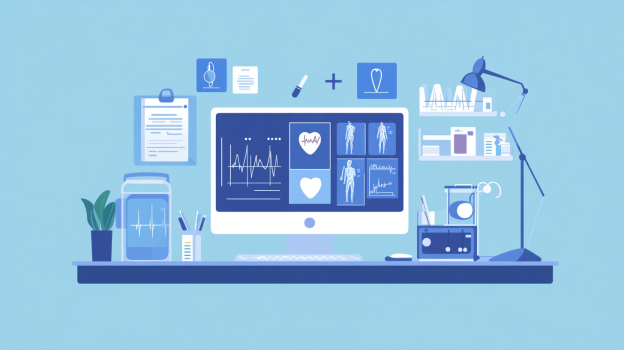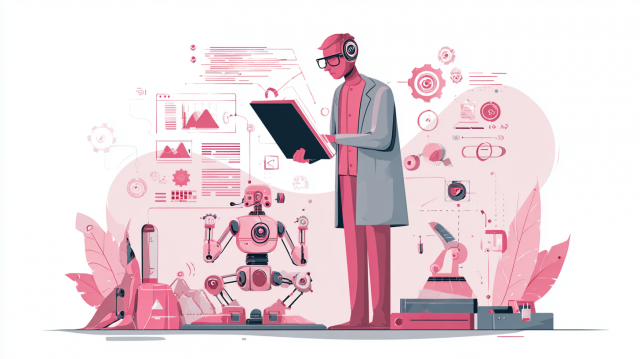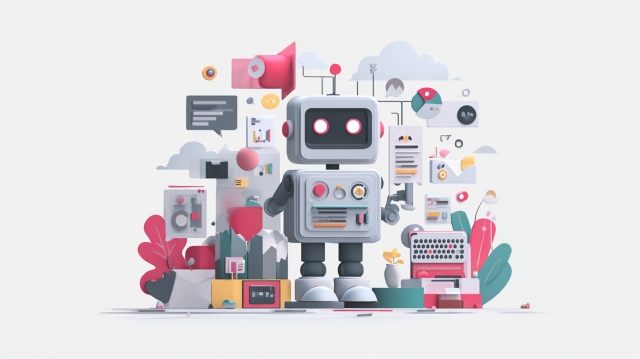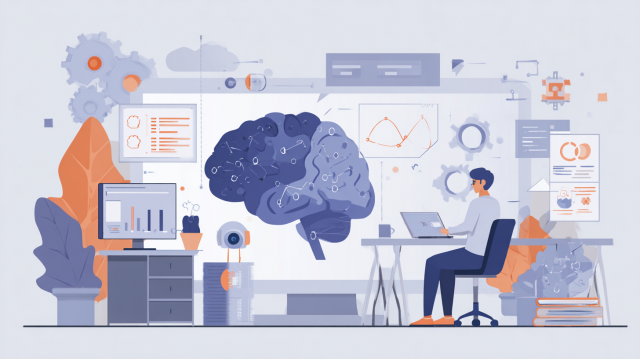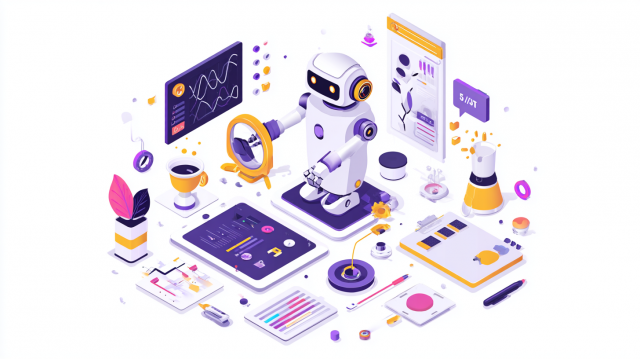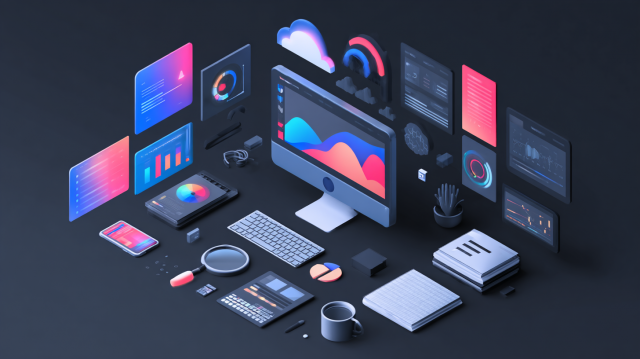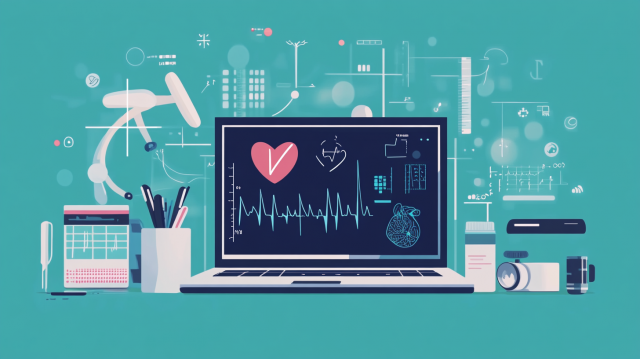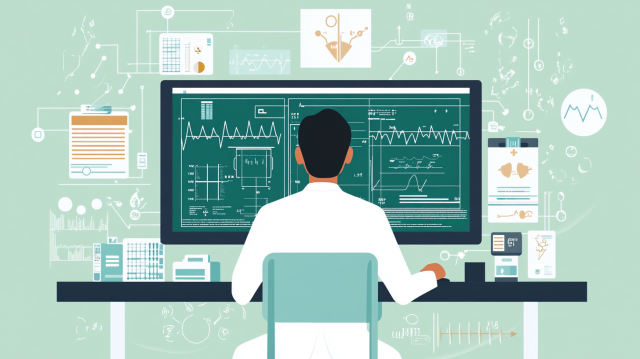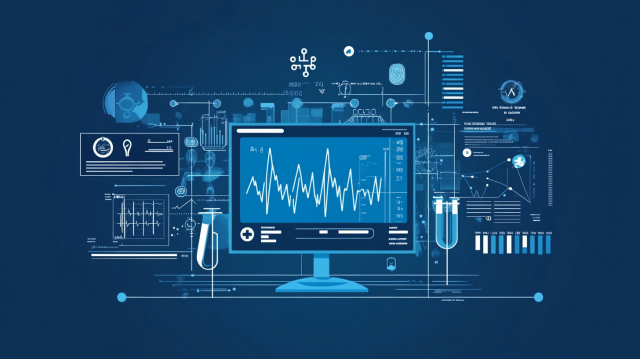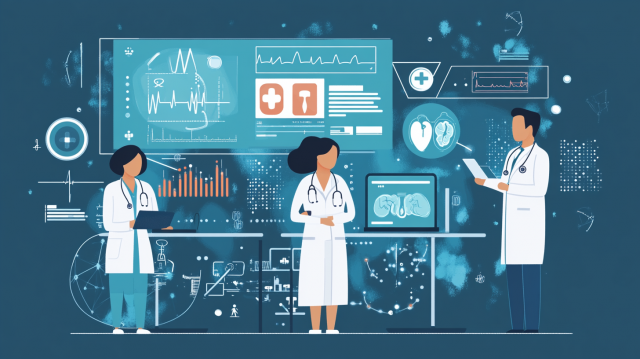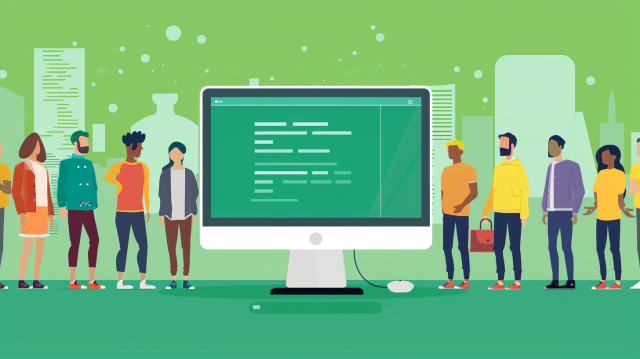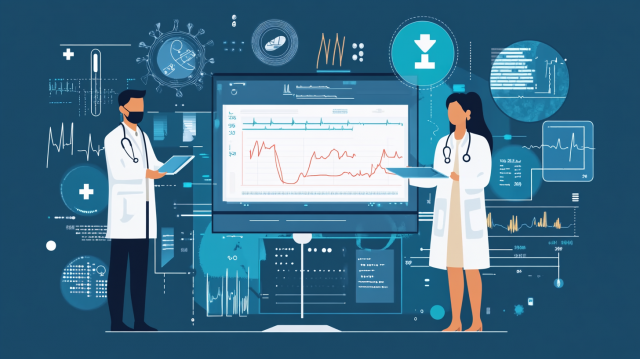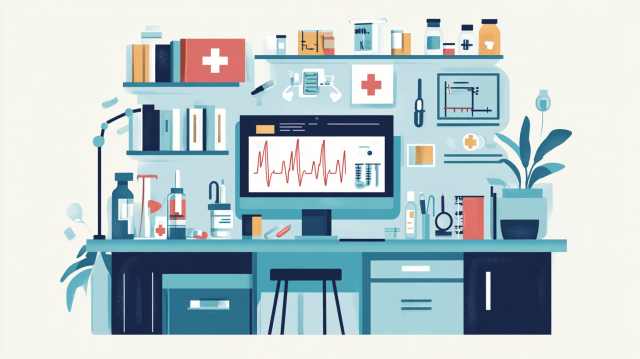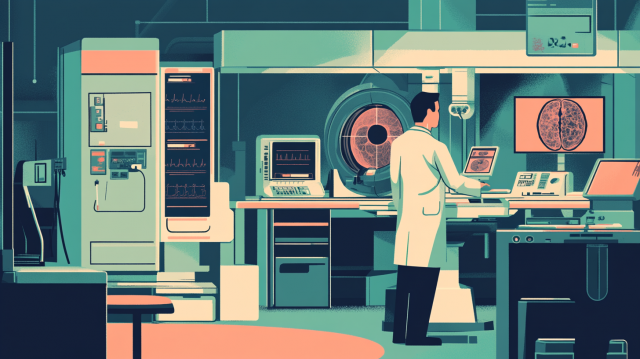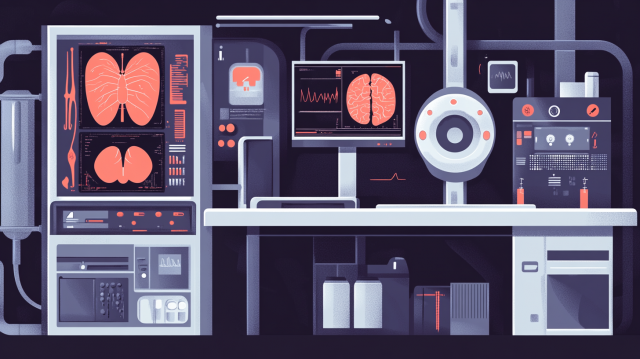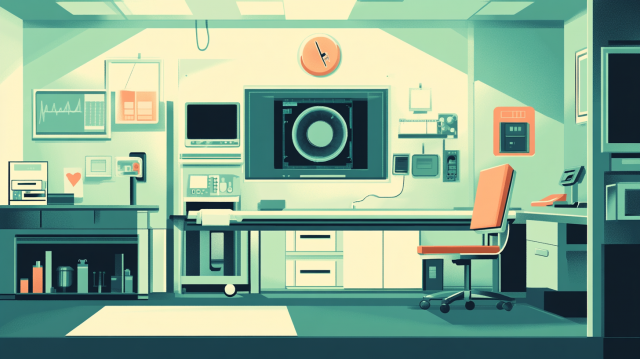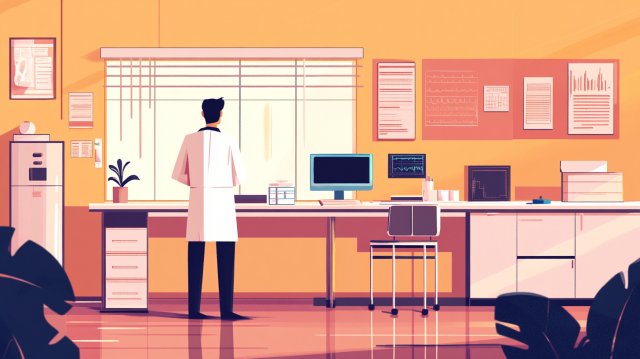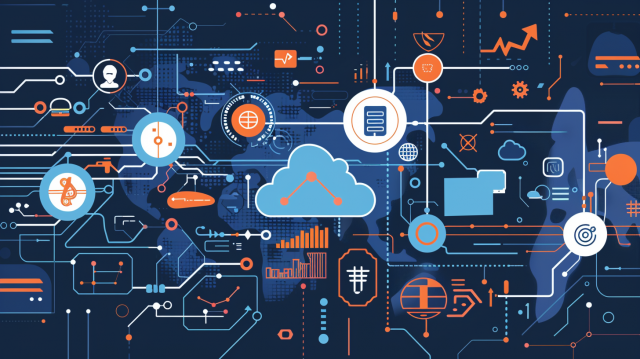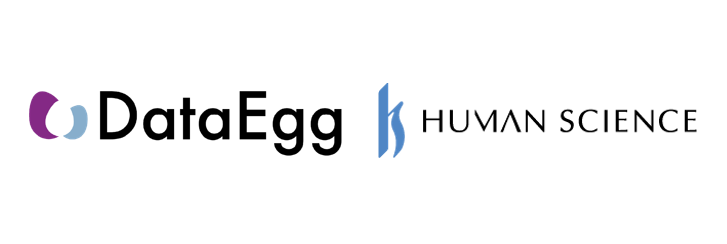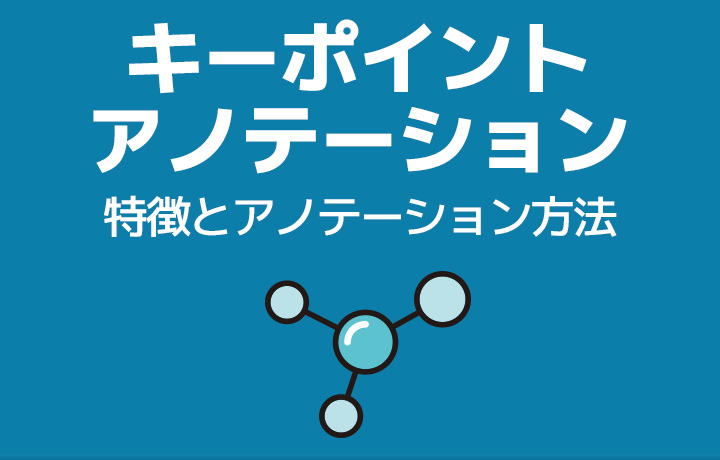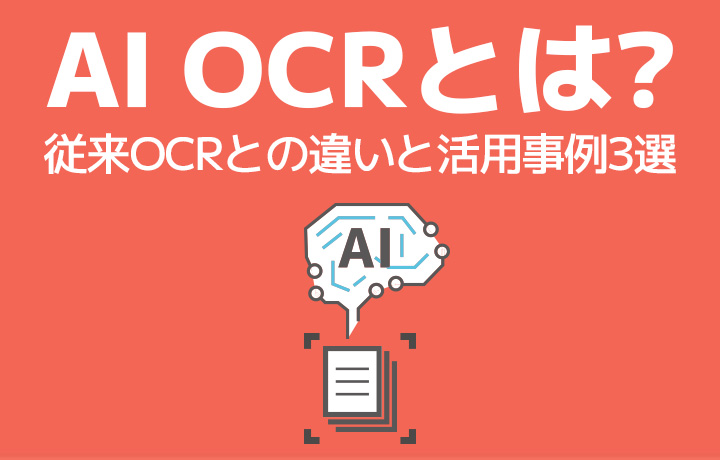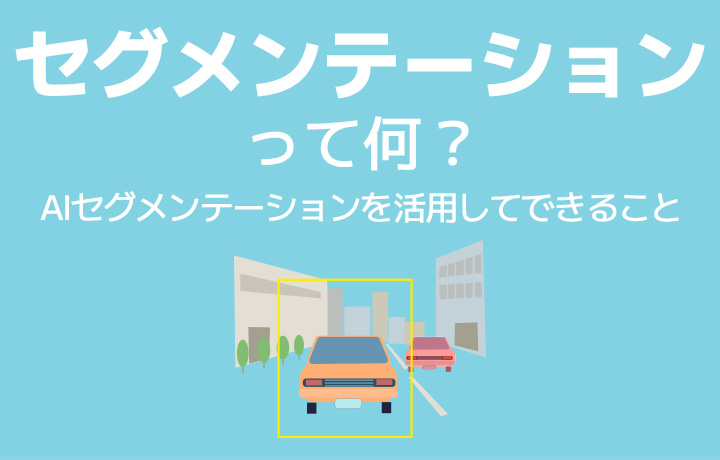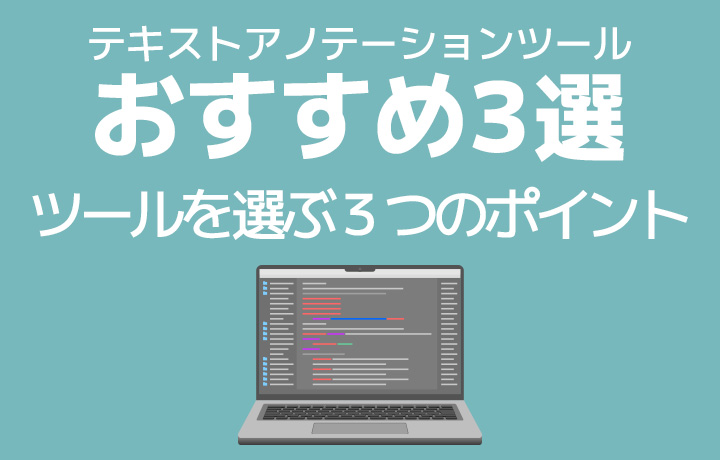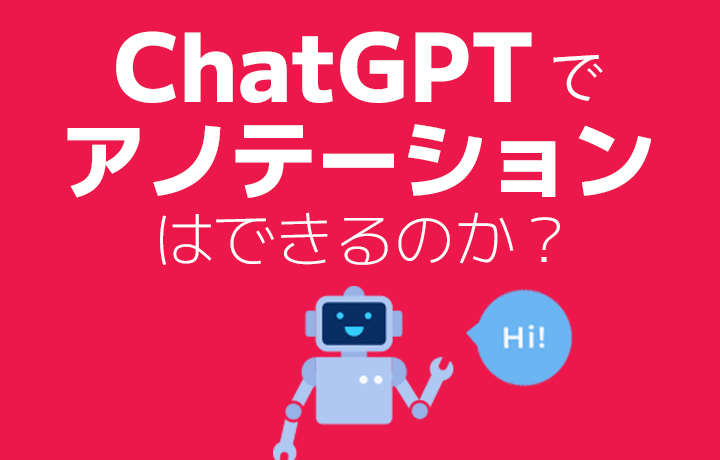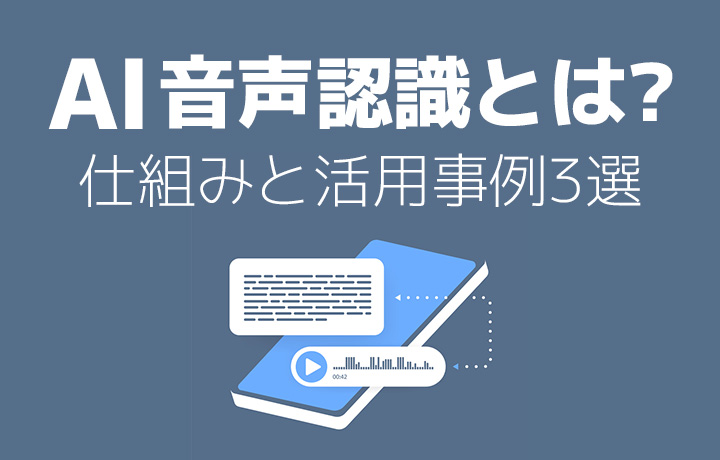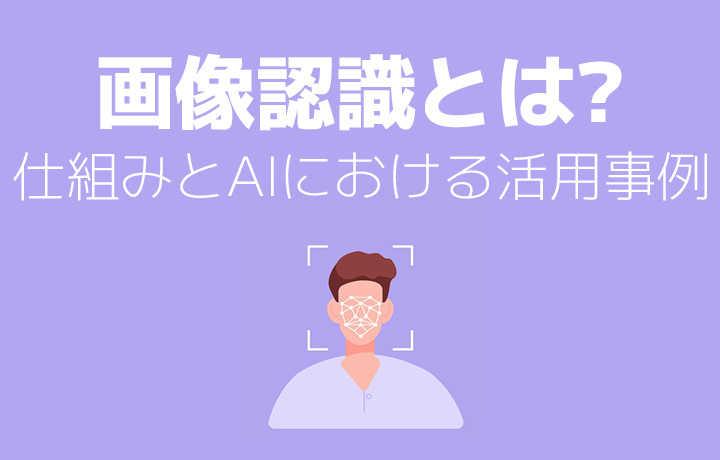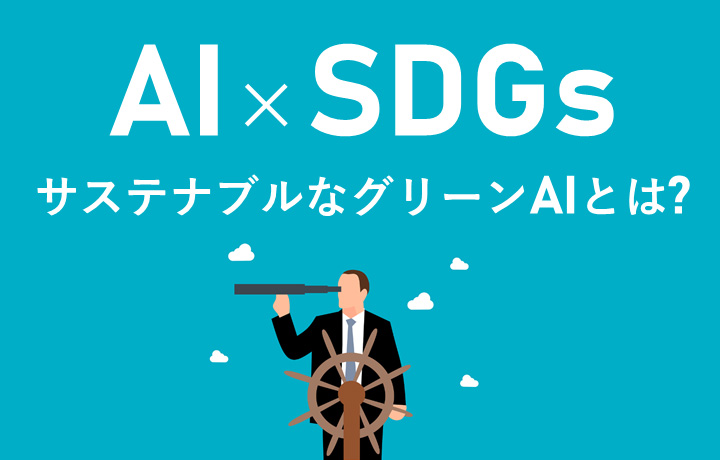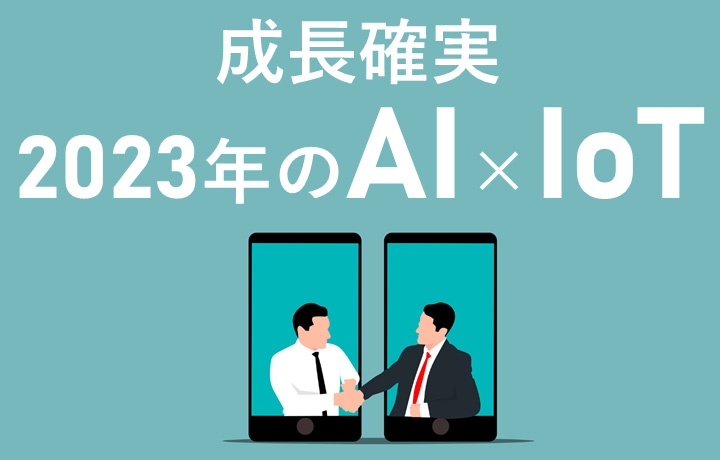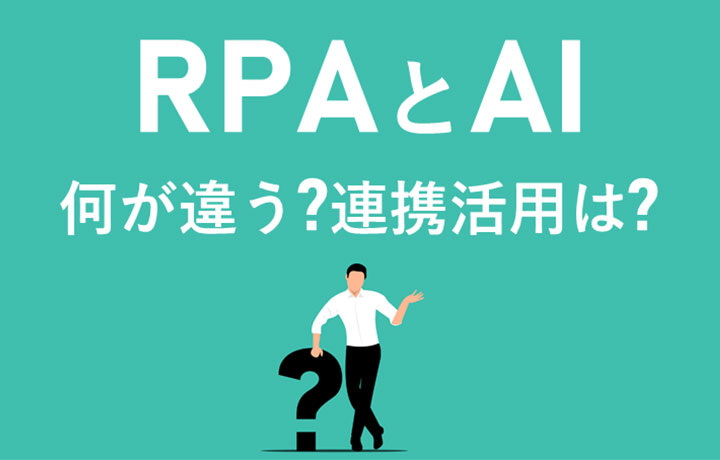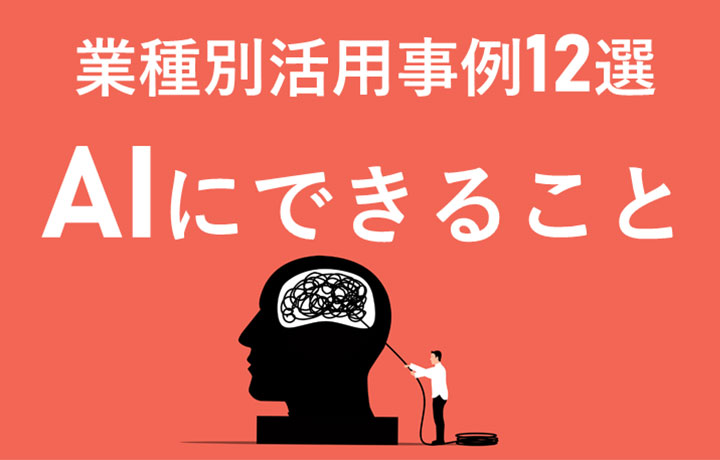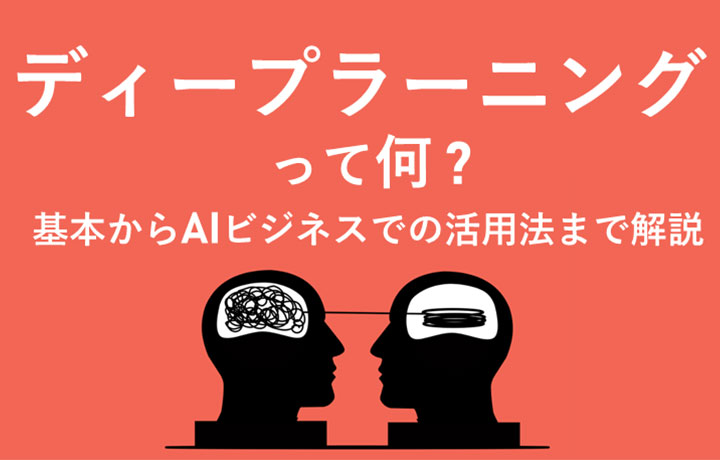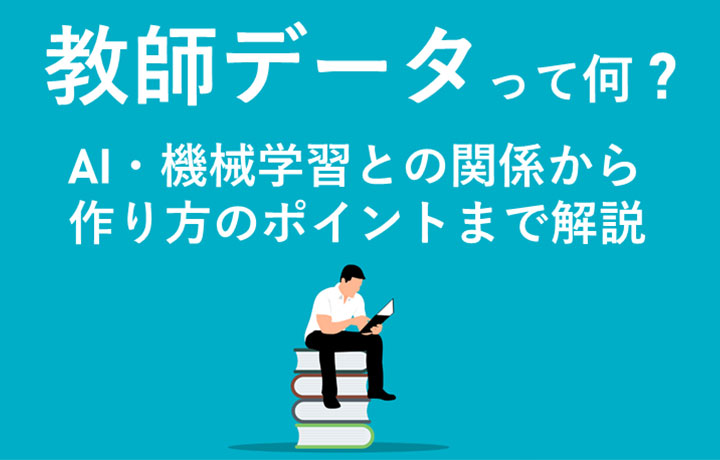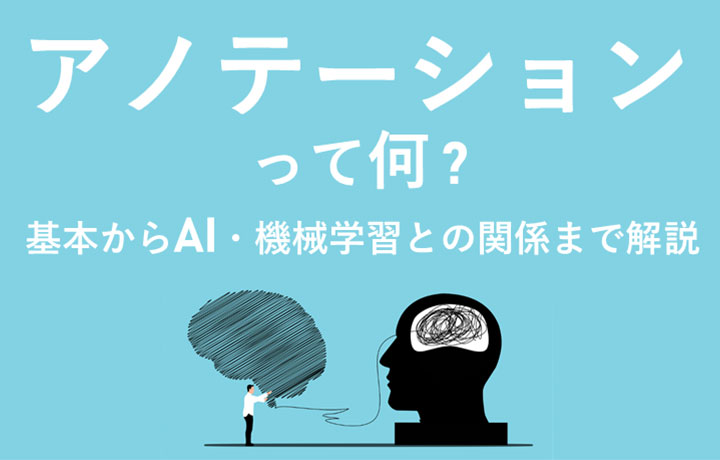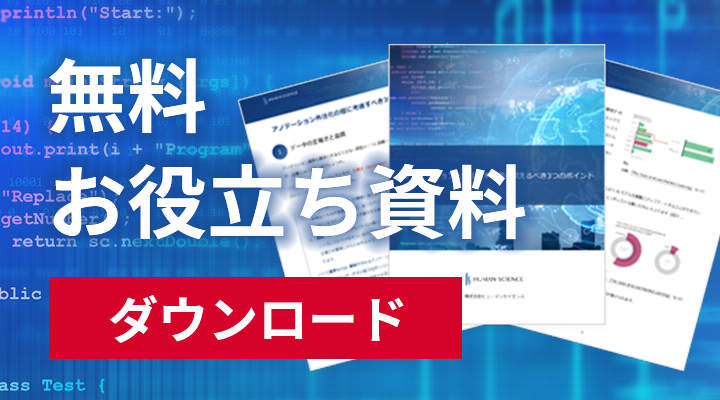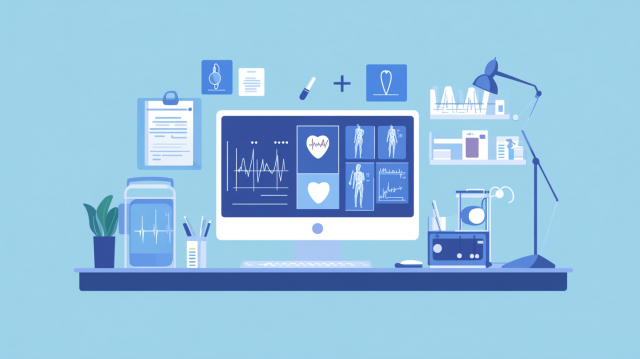
- Table of Contents
1. Introduction: The Future Changed by Medical AI
In recent years, with the advancement of artificial intelligence (AI), although there are differences depending on the scale of each medical institution, recognition and adoption are expanding as solutions to challenges in medical settings. AI has begun to offer new solutions to many issues faced by healthcare, such as reducing the burden on doctors, improving the quality of medical care, and eliminating regional disparities in healthcare.
This time, while introducing current examples of AI technology utilization in healthcare, we will comprehensively explain the expanding scope of medical AI that will change the future of medicine.
▼Related Blogs
3 Examples of Image Diagnosis Using Medical AI
The Forefront of Medical × LLM: 6 Use Cases
2. Current Main Applications of Medical AI
Our company’s columns have previously shared examples of applications, and here we introduce examples of medical AI products and services utilizing technologies such as image diagnosis and LLM.
・Image Diagnosis Support
AI is used to analyze CT and X-ray images, enabling automatic detection of lesions and diagnostic support. For example, Elpixel’s "EIRL" series supports chest X-ray images, brain MRA images, head CT images, colonoscopy images, and more, assisting physicians in reading images by detecting candidate lesion areas. It has received high technical acclaim, including the "Minister of Education, Culture, Sports, Science and Technology Award" at the Technology Management and Innovation Awards.
Elpixel Inc. (EIRL Series)
・Medical Document Creation Support
AI that streamlines doctors' administrative tasks such as medical record entries and interview notes has also emerged. "Ubie Generative AI," which utilizes generative AI LLM technology provided by Ubie, supports not only the creation of documents like medical certificates, diagnostic records, and summaries but also the import and transcription of audio files, aiding work style reforms in medical settings.
Ubie Inc. (Ubie Generative AI)
・Drug Discovery Support
Technologies that enable AI to propose new drug candidates from vast molecular structures and genome data are also advancing. Companies such as Preferred Networks are developing innovative platforms that allow optimal compound and molecular design for drug discovery.
Preferred Networks (Drug Discovery)
・Triage Support
AI that assesses the urgency of patients in emergency medical care has also emerged. An accuracy evaluation of triage using generative AI GPT-4 was conducted, suggesting that its accuracy is comparable to that of physicians with specialist qualifications and that it may be less affected by racial and ethnic biases.
TXP Medical Inc. (Press Release)
▼Related Blogs
Current Use of AI in Medical DX
The Forefront of Medical × LLM: 6 Use Cases
3. Future Applications and Potential of Medical AI
We have introduced examples of AI applications in healthcare so far, but in the future, medical AI is expected to become more than just a tool to assist tasks; it is anticipated to transform the very nature of healthcare itself. While there are various challenges such as ethical issues and legal frameworks, let us also look at future examples of medical AI applications that are currently being researched and tested.
・Personalized and Preventive Medicine Using AI
The advancement of medical AI goes beyond supporting doctors' diagnoses and improving diagnostic accuracy as previously mentioned. By utilizing big data such as each patient's genetic information, clinical data, and lifestyle habits to select the optimal treatment method, the application of "personalized medicine" is progressing across a wide range of fields including cancer treatment, diabetes treatment, and psychiatric treatment. Furthermore, with the progress of personalized medicine, preventive medicine that detects "what diseases an individual patient is at risk of developing in the future" becomes possible. For example, AI can predict "an imminent myocardial infarction," enabling doctors to propose lifestyle improvements and provide therapeutic drugs as preventive measures.
・Drug Discovery (In-Silico Drug Discovery)
In drug discovery, AI recreates disease models in a virtual space and narrows down effective drugs from an enormous number of combinations. This "in-silico drug discovery" is attracting attention as a method to solve problems such as prolonged development periods and increased costs associated with drug development. Although there are challenges to overcome, such as computational environments for large-scale simulations and shortages of skilled personnel, it is expected to contribute to the development of pharmaceuticals for a wide range of diseases in the future.
・Explainable AI (XAI)
As medical AI advances and aims for widespread adoption in clinical settings, the practical implementation of "Explainable AI (XAI)," which allows doctors and patients to understand the basis of AI's decisions, becomes an unavoidable and crucial theme. Especially to promote AI use in medical settings, it is necessary to resolve the "black box problem," where the rationale and process behind AI's unique decisions are not visible, in order to ensure transparency and reliability of AI's decision-making process in clinical environments. Therefore, research on XAI technologies that can explain AI's decision basis is progressing through collaboration with LLMs and other technologies.
▼Related Blog
Current Status and Future Prospects of Medical AI
4. Summary
The future of healthcare where AI plays an active role is steadily becoming a reality. However, it goes without saying that behind this progress, the presence of large volumes of highly reliable data, regulations and systems, as well as the technology and human resources that support ethics, is crucial. Once these are properly established and organized, collaboration between AI and humans will advance, leading to a future where patients can enjoy the benefits of the previously achieved precision, personalized medicine, and preventive healthcare.
▼Related Blogs
Current Status and Future Prospects of Medical AI
The Key to Enhancing the Reliability of Medical AI: Training Data and Physician Review
To Improve the Reliability of Medical AI: Quality and Security Management of Training Data
5. Medical Annotation Services in Human Sciences
Extensive Annotation Experience with Medical Images
Our company has extensive experience in annotating medical images that require skill transfer, such as surgical images and MRI images, which are highly specialized and challenging. In addition to experienced project managers for medical image annotation projects, we have many skilled workers, enabling us to deliver high-quality annotations even for projects with high difficulty and specialization that require skill transfer.
Support for Physician Supervision and Annotations by Physicians
It is understandable to have concerns about having all tasks performed solely by general workers. In such cases, we often receive requests to include physician supervision for certain checking tasks. To meet these demands, we have further strengthened our physician supervision system, enabling us to handle even more complex annotations. Additionally, if you require annotations performed by physicians rather than general workers, our project managers will provide comprehensive management services, accompanying you from securing resources to quality and progress management.
Resource Management Without Using Crowdsourcing
At Human Science, we do not utilize crowdsourcing; instead, we advance projects with personnel directly contracted by our company. We carefully assess each member's practical experience and their evaluations from previous projects to form a team that can deliver maximum performance.
Support for Generative AI LLM Dataset Creation and Structuring
We support not only labeling for data organization and creation of training data for identification-based AI, but also the structuring of document data for generative AI and LLM RAG construction. Since our founding, we have been engaged primarily in manual production, and we provide optimal solutions leveraging our unique expertise and deep knowledge of various document structures.
Equipped with an In-House Security Room
At Human Science, we have a security room within our Shinjuku office that meets ISMS standards. Therefore, we can guarantee security even for projects handling highly confidential data. We consider ensuring confidentiality to be extremely important in every project. Even for remote projects, our information security management system has received high praise from clients, as we not only implement hardware measures but also continuously provide security training to our personnel.
In-House Support
Our company also provides personnel dispatch services for annotation-experienced staff and project managers who match the customer's tasks and situation. It is also possible to organize a team under the customer's on-site supervision. Additionally, we support the training of your workers and project managers, selection of tools tailored to your situation, automation, work methods, and the construction of optimal processes to improve quality and productivity, assisting with any challenges you face related to annotation and data labeling.

 Text Annotation
Text Annotation Audio Annotation
Audio Annotation Image & Video Annotation
Image & Video Annotation Generative AI, LLM, RAG Data Structuring
Generative AI, LLM, RAG Data Structuring
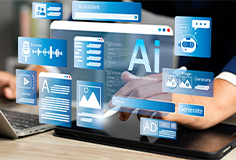 AI Model Development
AI Model Development In-House Support
In-House Support For the medical industry
For the medical industry For the automotive industry
For the automotive industry For the IT industry
For the IT industry For the manufacturing industry
For the manufacturing industry